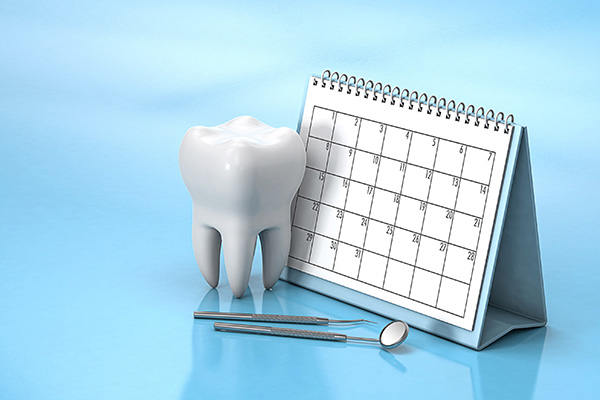 Every patient’s smile is different, so it makes sense for dentists to treat patients as individuals with specific needs. Personalized treatment at a routine dental care appointment should be an expected part of visiting a dental professional. Patients can expect dentists to tailor treatment in the areas of general maintenance, cancer screenings, and management of disease symptoms that affect oral health.
Every patient’s smile is different, so it makes sense for dentists to treat patients as individuals with specific needs. Personalized treatment at a routine dental care appointment should be an expected part of visiting a dental professional. Patients can expect dentists to tailor treatment in the areas of general maintenance, cancer screenings, and management of disease symptoms that affect oral health.
Areas in which the dentist can personalize treatment
The dentist or hygienist is likely to comment on a patient’s teeth if there seem to be deficits in brushing, flossing, or other areas of oral maintenance. However, many patients are unaware that a dentist is able to provide recommendations for personalized cancer screenings as well as advice on symptom management of a disease that affects oral health.
1. General dental maintenance
If frequent cavities are a concern, consider asking about routine topical fluoride treatments. Many dentists’ practices offer fluoride treatments at cleaning appointments, but some do not offer this service as a part of routine dental care. Interested patients can inquire whether topical fluoride would be a good option at a routine visit.
2. Cancer screenings
Oral cancer may be a concern if the patient has a history of smoking or a family history of cancer. Cancer of the lips, tongue, cheeks, and any surface in the mouth can be fatal, and it needs to be treated early. Concerned patients, especially those with relevant history, should have a conversation with the dentist about receiving screenings for oral cancer in addition to the ones offered as a part of routine care.
3. Disease management
If a patient has periodontitis or a disease that directly affects oral health, the dentist is likely already managing care in this regard. However, there are many diseases like diabetes and Sjogren’s syndrome that indirectly affect the mouth. Ask the dentist if this disease is affecting oral tissues or if it seems well controlled. Often dentists and hygienists identify abnormalities better than patients can due to proximity to the mouth as well as training.
Actions to take for patients who want more personalized treatment
Occasionally, the patient arrives for a routine cleaning at which no problems are found; the teeth are brushed, flossed, polished, and the person is then given the OK to go home. This type of rote care certainly keeps the patient’s teeth healthy, but what about patients who struggle with any of the above issues?
Patients who want more from routine appointments can often start the conversation by asking a few crucial questions. They can ask the dentist if they are brushing correctly, inquire whether a disease like diabetes that affects oral health is showing signs of being uncontrolled, or bring up any other questions that pertain to the health of the teeth and surrounding tissues.
Conclusion
Personalized treatment is a service that many dentists offer, but patients are often hesitant to express areas of concern if teeth and gums show no signs of decay or disease. When you find a great dentist who listens to patients, feel free to ask questions to further personalize routine dental care. Patients can collaborate with dentists in keeping smiles as healthy as possible.
Request an appointment or call Lalangas Family Dentistry at 972-534-6008 for an appointment in our Dallas office.
Related Posts
When patients go for routine dental care, they may or may not have X-rays taken of their mouths. Dentists use these important diagnostic tools to check all layers of the tooth. While a key part of routine care, X-ray imaging may not be taken every visit. Every patient is different, and the recommended frequency for…
While some might believe visiting the dentist is only necessary for emergencies, routine dental care can be vital for oral health and overall wellness. There are a variety of benefits to seeing a dentist two or three times a year, no matter a patient’s stage of life. While regular brushing and flossing can help keep…
Maintaining routine dental care is important for oral and overall health, but many patients have questions about what it consists of beyond daily brushing and flossing. The right answers can help patients of any age understand the importance of providing optimum care for their teeth and the possible issues if they fail to follow through.…


